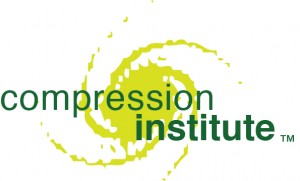 We are struggling to form these groups. They are intended to be full-scope system learning laboratories, larger than the internal operations that are the usual domains in which lean conversions begin. There are similarities, however.
We are struggling to form these groups. They are intended to be full-scope system learning laboratories, larger than the internal operations that are the usual domains in which lean conversions begin. There are similarities, however.
We’re looking, for example, for a local or regional system where everyone has a chance of personally “seeing” a system that is real and tangible, and yet it is big enough that we have to stretch to deal with it holistically. To be truly innovative, we have to think of the system holistically, and no single intervention is going to be a magic bullet. There are more, but five types of systems nicely fit this definition, and of course they overlap:
Water
Energy
Education
Safety and Security
Health
As an example of re-conceptualizing a system, take K-12 education. Suppose we regard schools as neighborhood education and transformation centers, not merely as places where children learn to pass progressively more demanding tests. Most social problems of a community find their way into the school system. All teachers know this, but few schools are well designed to cope with a community as it is. Social problems are regarded as a distraction to the main mission.
However, it is also known that if one wishes to reach a community and execute a change that requires shifts in attitude, coach the kids. They will influence parents and maybe others. Anti-smoking campaigns have been a great example.
That is, to make headway on some of our most serious issues can we spark innovation by rethinking the basic purpose of fundamental local systems?
